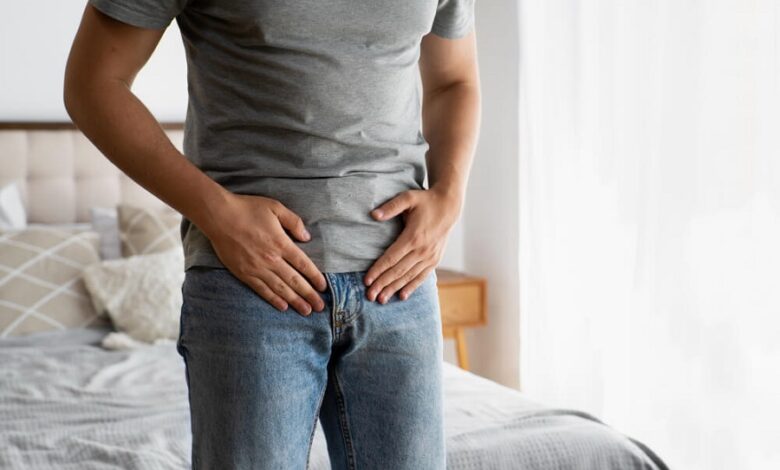
Prostate Cancer: Why Men Should Ejaculate More Often
New research shows how frequent ejaculation might help reduce prostate cancer risk. This finding could change how men think about prostate health. It doesn’t replace exams and medical care—but it adds a fresh perspective. Let’s explore what science says and what you can do.
What the Research Found
Studies, including one from Harvard University, show men who ejaculated 21 or more times a month had significantly lower prostate cancer rates. Researchers looked at over 30,000 men over decades. The effect was strongest when the prostate was still developing in younger years. These findings offer hope for proactive health habits.
How It Could Work
One theory is that frequent ejaculation clears out prostate fluid and possible harmful build-up, which may reduce prostate cancer risk. The prostate may be less likely to accumulate carcinogens when active. Also, better blood flow and hormonal balance might play a role. These mechanisms remain under study but are promising.
What Experts Recommend
Even though frequent ejaculation may help, doctors emphasize it’s just one piece of the puzzle for fighting prostate cancer. Regular screening, healthy diet, exercise, and avoiding smoking still matter a lot. Men should talk to their doctors about prostate health and personal risk. Being informed and proactive is key.
What It Means for Everyday Life
For men looking to reduce their prostate cancer risk, this research suggests sexual health is part of overall wellness. It doesn’t mean everyone must meet a specific number of ejaculations—it’s about healthy patterns and balance. A supportive lifestyle with movement, diet, and checkups complements any sexual-health strategy. Mood, sleep quality, and stress also impact prostate health.
READ: Mood Enhancer: Science Says Semen Makes Women Happy
When to Get Checked
Prostate cancer often shows few early symptoms, which makes screening important. If you’re over 50, or have a family history of prostate cancer, let your doctor know. Regular PSA testing and touch examination might catch issues early. Earlier detection leads to better outcomes.
These findings offer new insight into prostate cancer, emphasizing that sexual health may play a role in prevention. While ejaculation frequency may matter, it’s not the whole story—comprehensive health habits still win. Use this information to spark a conversation with your doctor and take charge of your prostate health.




